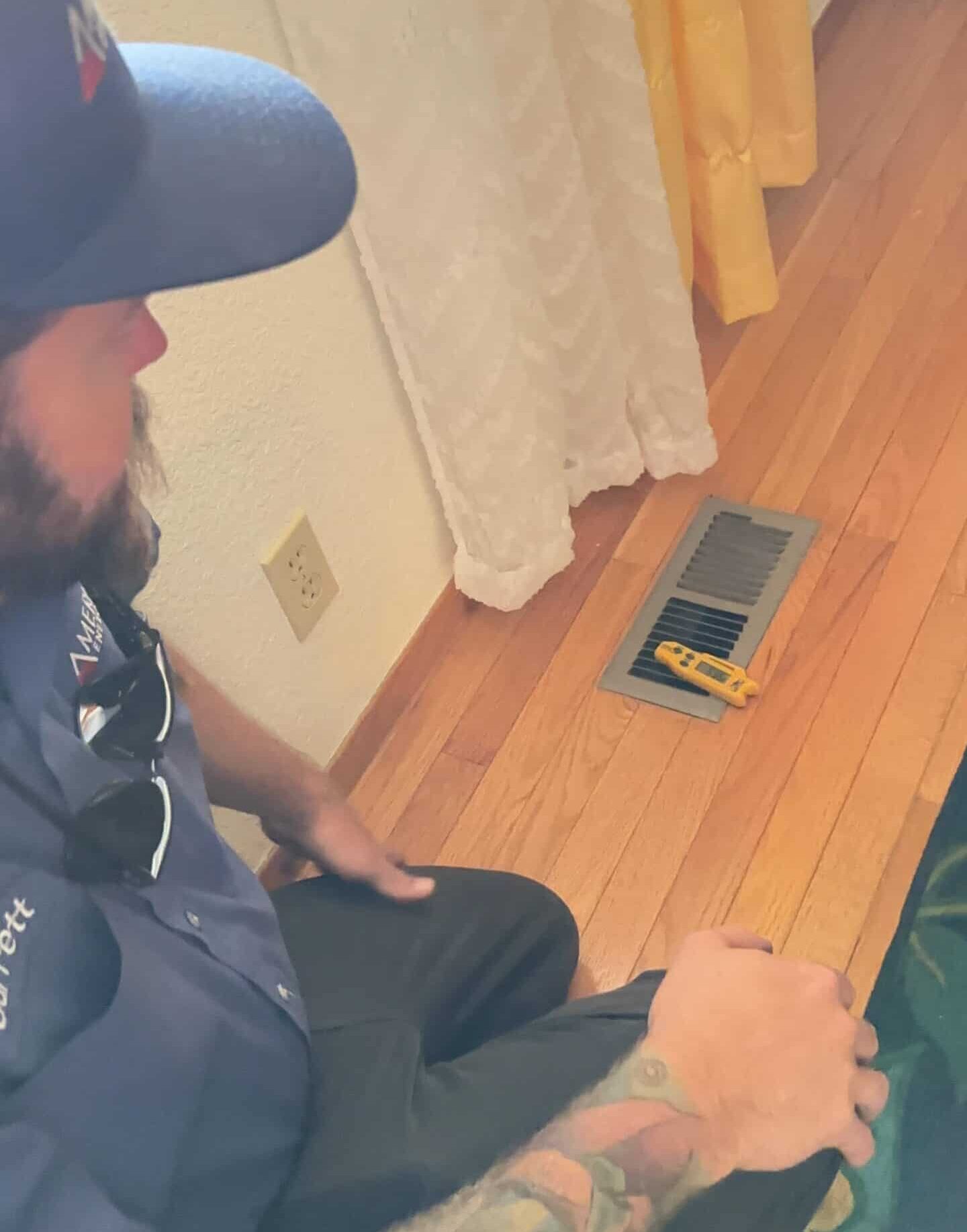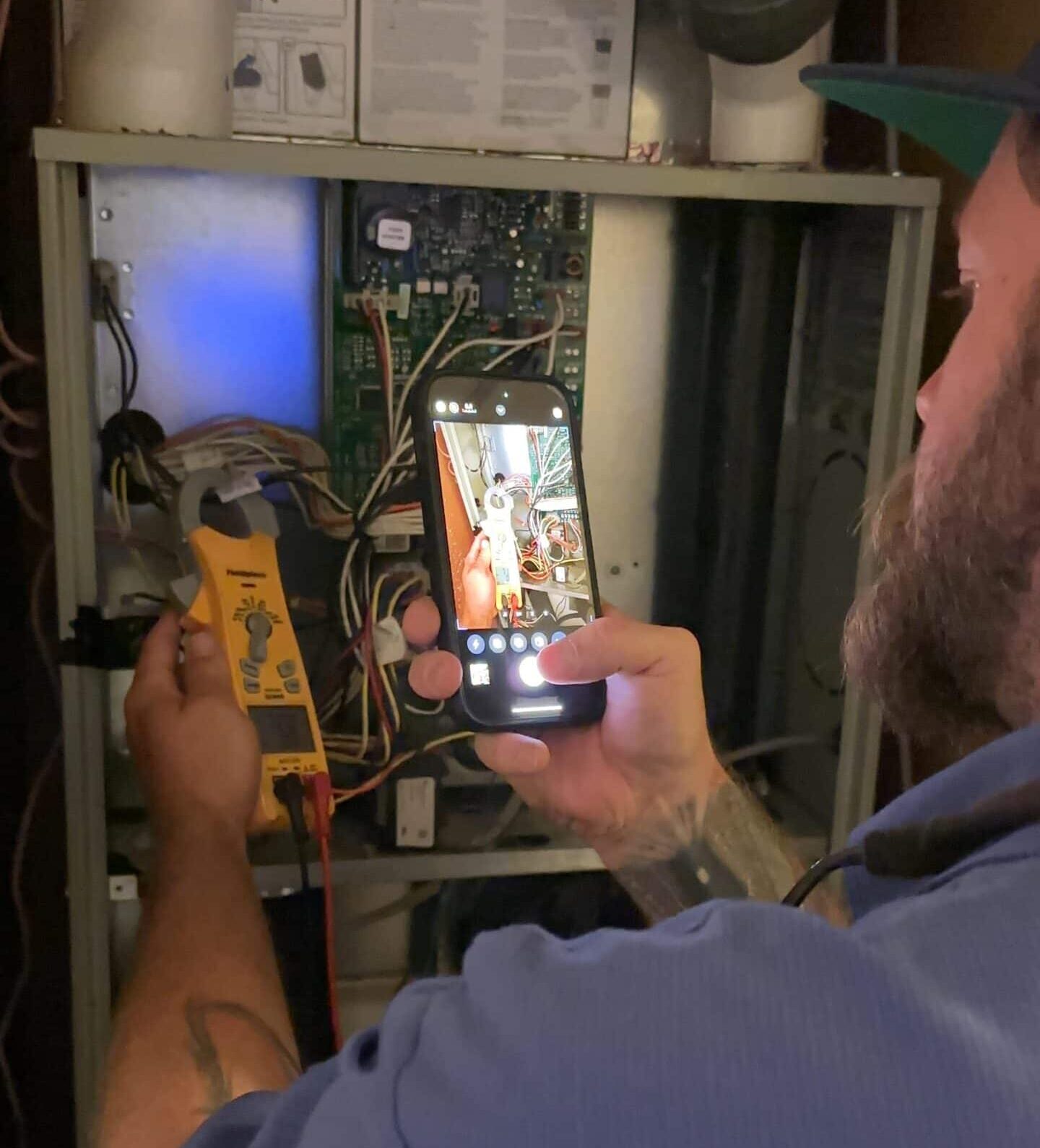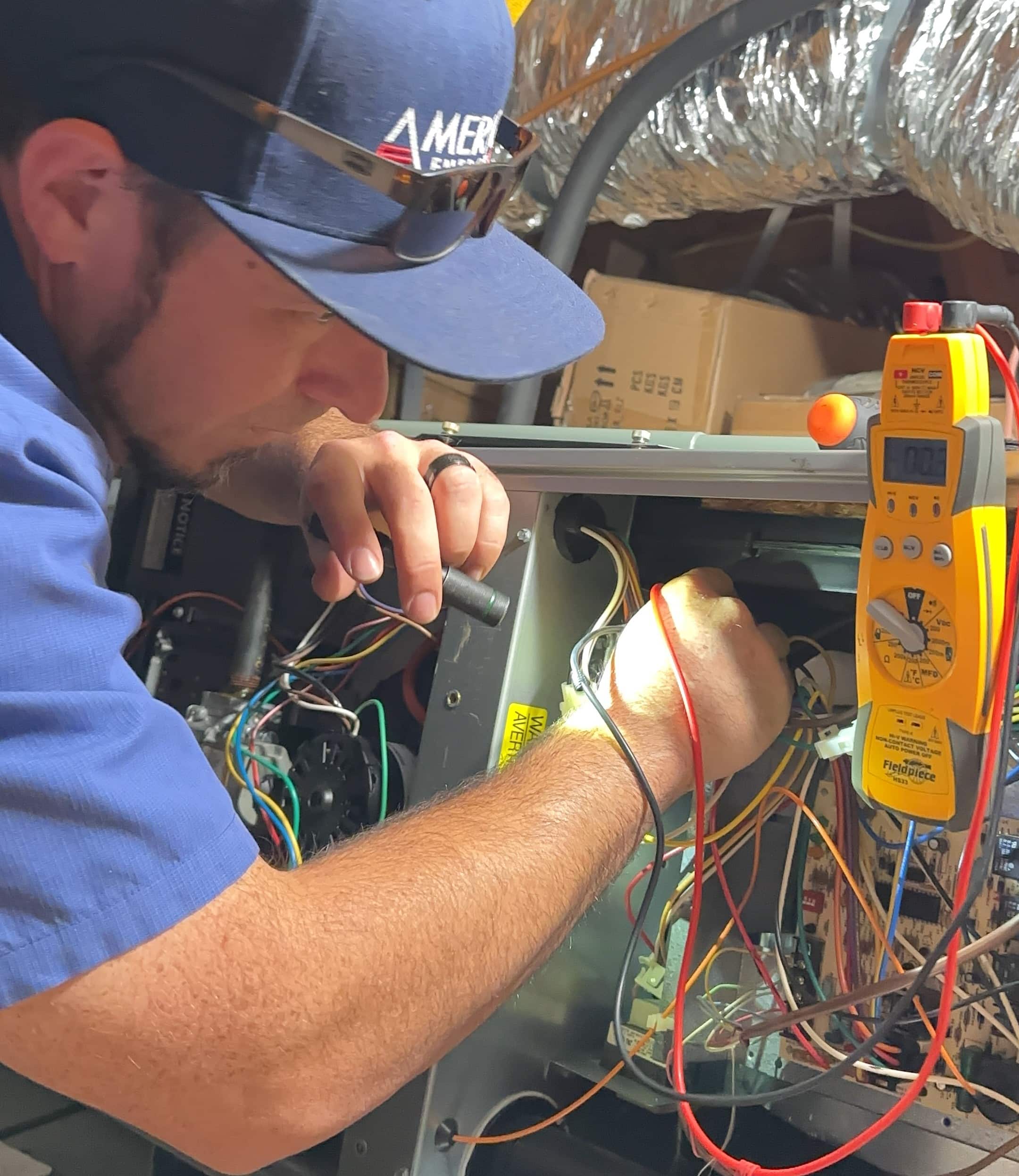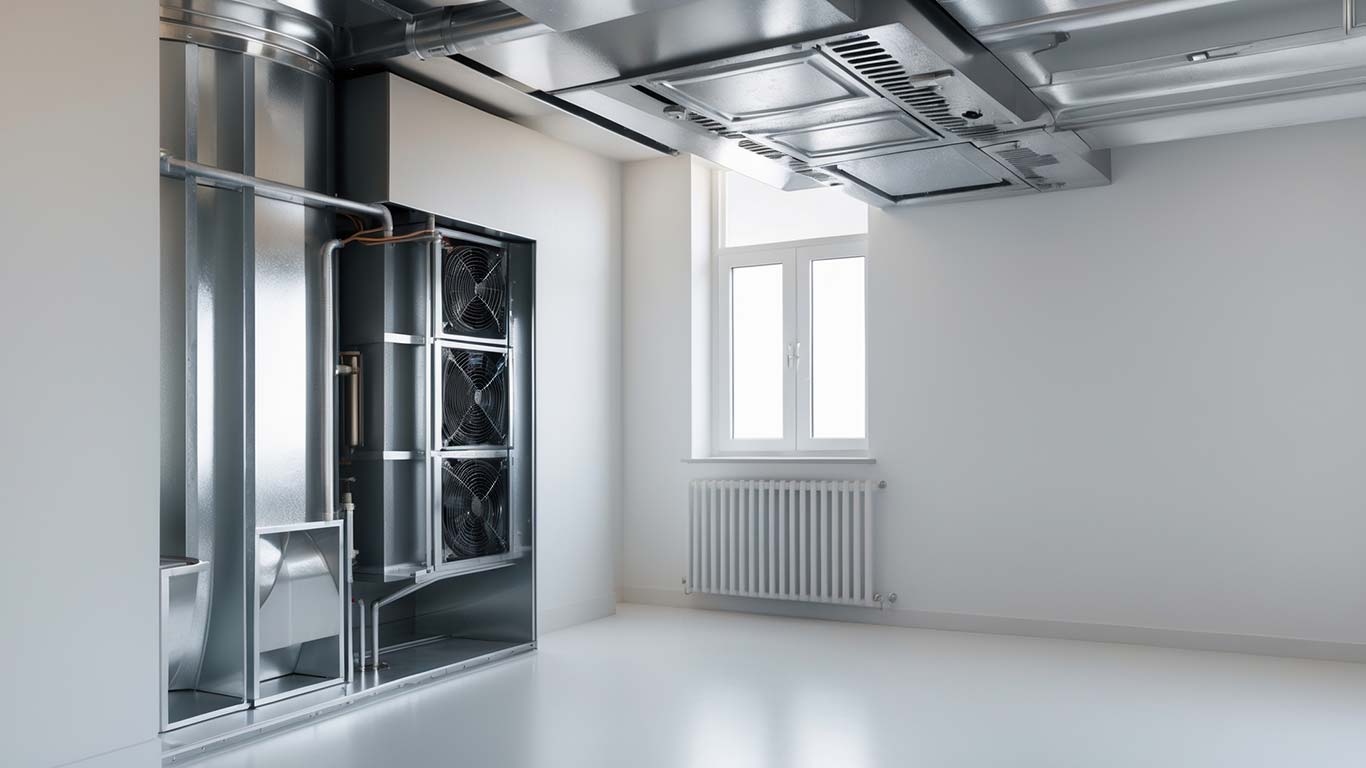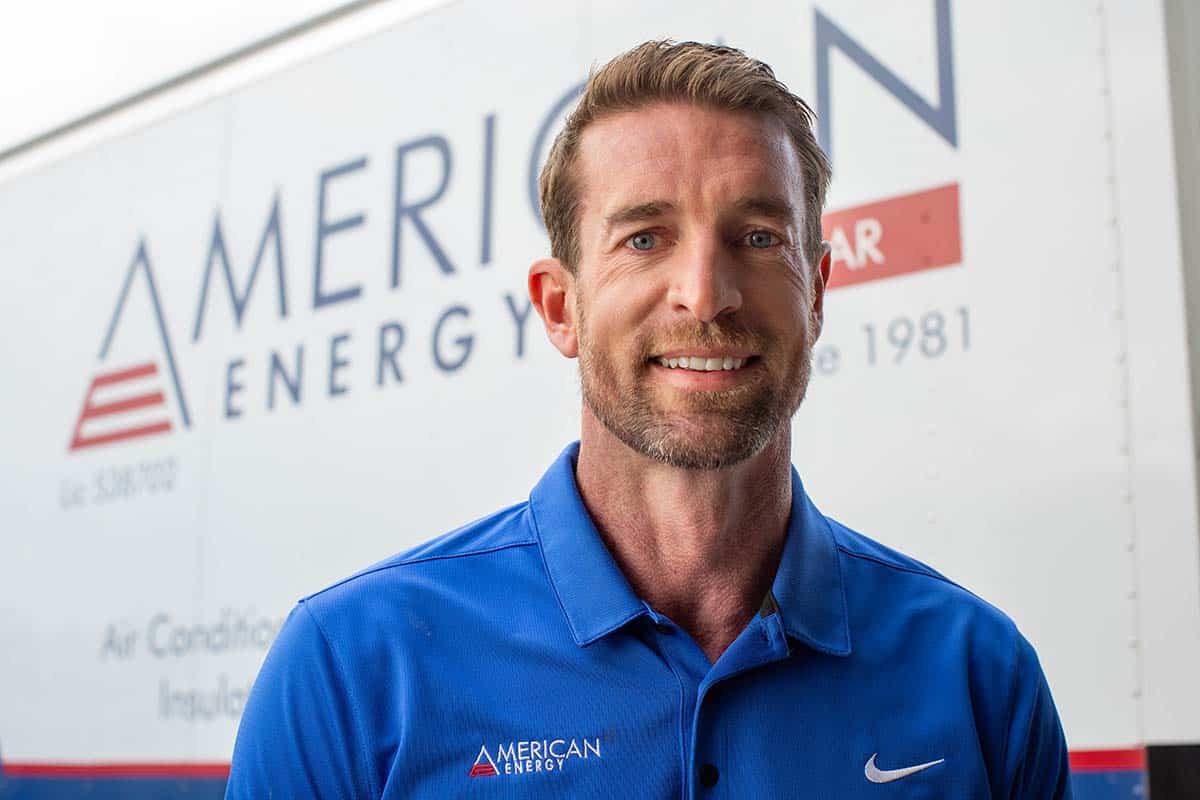What Are the Types of HVAC Systems for Your House?
There are several types of HVAC systems that you have to choose from for your home. Learn more about your options right here.
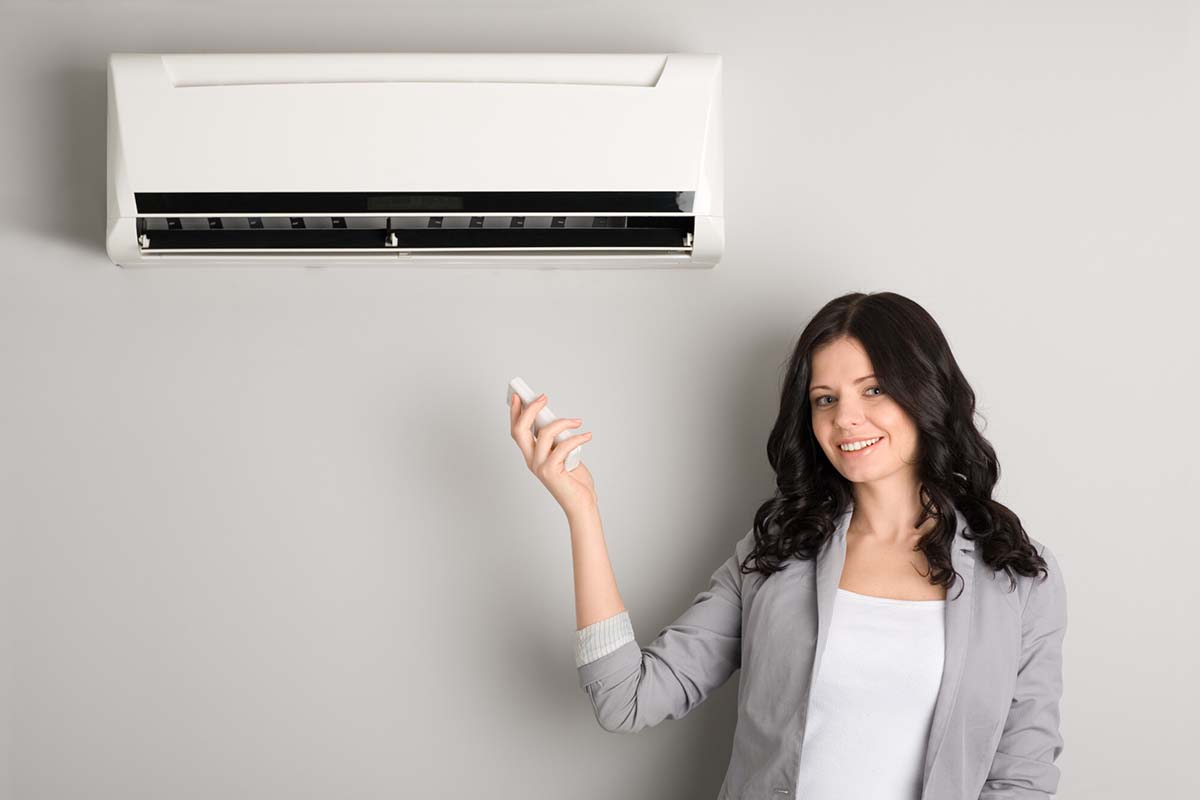
Types of HVAC Systems for Your House
Did you know that heating and cooling accounts for up to 46% of energy usage in the average home?
Choosing an HVAC system is an important decision. Before you get a new HVAC system installed, you need to be sure it’s energy efficient and suited to your needs and budget.
Otherwise, you might overspend on a system that drives up your energy bills and isn’t right for your home.
Selecting the right home HVAC system can feel like a daunting task. But once you’re familiar with the different types of HVAC systems available, you can quickly isolate which ones might be best suited to your needs.
Keep reading to get clued up on the primary types of home HVAC systems and some of their pros and cons.
Split Systems
Standard split systems are the most common type of HVAC system in residential homes.
Split systems comprise of two units, one for cooling and one for heating. The cooling unit typically sits outside the home, while the furnace or heater component usually sits in a basement area. Split systems use traditional thermostats to regulate temperature levels.
Most split systems in cold regions have gas furnaces. In warmer areas, an increasing amount of split systems now use heat pumps.
Wondering why split systems are one of the most popular home HVAC unit options? Split systems have quite a few advantages. Firstly, they’re well-known for their low operating costs and energy efficiency.
Replacement parts are also easy to get and new parts can be installed with a minimum of interference to your home’s heating and cooling.
One potential drawback to split systems is that they are more complex to install than some other types of HVAC systems and you will need to get a professional in for the job.
To maintain a valid guarantee you also can’t mix and match parts in your system. Everything needs to be from the same manufacturer.
Hybrid Split Systems
As we said above, split systems typically either contain a gas furnace or a heat pump.
Hybrid split systems combine both of these options to give you greater flexibility and increased energy savings.
Heat pumps are much more efficient than gas furnaces, but they don’t work all that well in very cold weather. Hybrid systems allow you to switch between a gas furnace and a heat pump.
In warmer weather, you can save energy by utilizing the heat pump. When temps drop and the heat pump isn’t enough, you can switch over to the gas furnace.
Currently, home energy use is responsible for approximately 20% of greenhouse gas emissions in the US. Installing an energy-efficient home HVAC system is one of the easiest ways you can reduce your energy usage and, with that, your carbon footprint.
Ductless Systems
If your home doesn’t have any ducts installed, you can also get a ductless HVAC installation done. Ductless systems are simple to install. Typically, they only require a small hole drilled through the wall to connect your indoor and exterior components.
Dustless systems usually consist of an outdoor AC unit for cooling, and heat pumps for warming.
Because there isn’t any clunky ductwork, ductless systems are usually much quieter. They also aren’t prone to issues like air leaks and can enhance your indoor air quality.
Ducted HVAC systems tend to trap dust within the ductwork. This is very hard to clean out as a homeowner. As a result, many people go far too long without having HVAC duct cleaning done.
With a ductless home HVAC system, all you have to do is swap out the air filters. Ductless systems are also more compact and have a high level of energy efficiency.
Ductless systems also offer more flexibility when it comes to operation. Instead of one main unit heating and cooling the entire home, each area has its own small wall-mounted unit.
You can control the temperature of each unit separately. This is ideal for situations where one room gets hotter/colder than another, or if family members have different temperature preferences. Independent operation is also imperative for places like hotels.
As far as drawbacks go, ductless types of HVAC systems are usually more expensive to install than split systems.
Package Systems
If you have a smaller home without a basement, you can also consider a package system.
Unlike split systems, package systems combine heating and cooling functions into one unit that’s installed on the exterior of your home, either on the roof or on the side of the building. With a package system, the HVAC installation process takes 1-2 days to install.
In contrast, split system installations can take up to a week.
One drawback to package systems is the fact that the entire unit is located outside. This can render them vulnerable to damage.
Package systems are built to withstand exterior conditions. However, things like falling trees can still cause extensive damage.
Package systems also aren’t as powerful as split systems. Because of this, they’re better suited to warmer climates.
Geothermal Systems
Geothermal climate control systems aren’t widely available yet and come with a very high installation cost. However, they are an interesting alternative that might become more widely viable over time.
Geothermal systems work by channeling water through pipes buried underground around your home. Because ground temperature is relatively stable, geothermal systems can help regulate the temperature in your home.
However, we wouldn’t recommend one of these systems just yet. Upfront costs are high, results can vary widely, and maintenance can be complicated and expensive.
Need Advice on Which Types of HVAC Systems Are Best Suited to Your Home?
Now that you know about the main types of HVAC systems, you’re ready to make an informed choice for your home. The next step to choosing the best home HVAC unit is to speak with a professional HVAC installation company.
Need advice?
Here at American Energy, we have over 30 years of industry experience. All of our teams are highly qualified and committed to providing top-quality workmanship and outstanding customer service.
Contact us today to discuss your HVAC replacement and installation needs.

